BBC News Arabic Gaza reporter
BBC World Service
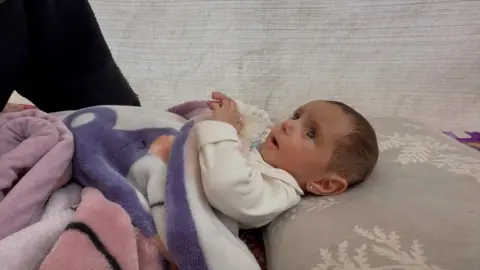 BBC
BBCIn a makeshift tent in al-Shati refugee camp, in the north of the Gaza Strip, 33-year-old Enas Abu Daqqa holds her tiny baby daughter Niveen in her arms. A fan hums constantly behind her to break the morning heat.
Enas worries that Niveen’s health might deteriorate at any point. She is only seven months old, and was born during the war with a hole in her heart.
As her mother explains how she struggled to keep her alive amid a collapsing health system in Gaza, Niveen, with her big brown eyes and tiny frame, cries and fidgets.
“The war has been very tough for her,” Enas tells the BBC. “She wasn’t gaining any weight, and she would get sick so easily.”
Niveen’s only chance to survive was to receive urgent care outside Gaza. And in early March, Jordan made that possible.
As a ceasefire between Hamas and Israel held, 29 sick Gazan children, including Niveen, were evacuated to Jordan to receive treatment in the country’s hospitals. Her mother and older sister were brought out with her.
They were the first children evacuated to Jordan after King Abdullah announced plans to treat 2,000 sick Gazan children in hospitals there during a visit to the US the previous month. These evacuations were co-ordinated with the Israeli authorities who do background checks on the parents travelling with their children.
Doctors in Jordan performed successful open-heart surgery on Niveen, and she was slowly beginning to recover.
But about two weeks into the children’s treatment, the ceasefire in Gaza collapsed when Israel resumed its offensive against Hamas, and the war was back on, in full force.
For weeks, Enas followed the news from her daughter’s hospital room in Jordan, worrying about the safety of her husband and other children who were still in Gaza.
And then late at night on 12 May, the Jordanian authorities told Enas they were sending her and her family back to Gaza the following day, as they said Niveen had completed her treatment.
Enas was shocked.
“We left while there was a ceasefire. How could they send us back after the war had restarted?” she says, frustrated.
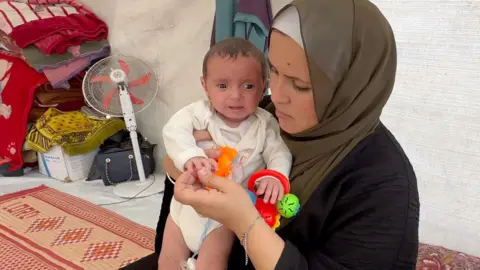
Enas is now reunited with her husband and children in Gaza. They say Niveen did not complete her treatment before she was sent back, and they worry that her condition could get worse.
“My daughter is in a very bad condition that could lead to her death,” says Enas. “She has heart disease. Sometimes she suffocates and turns blue. She can’t continue living in a tent.”
On 13 May, Jordan announced that it had sent 17 children back to Gaza “after completing their treatment”. And the next day, a new group of four sick children were evacuated from Gaza to Jordan.
The Jordanian authorities have told the BBC that all children sent back were in good medical condition, rejecting claims that they did not complete their treatment.
The authorities noted that the kingdom was clear from the beginning about its intention to send the children back once they were better, adding that this was necessary “for logistical and political reasons”.
“Jordan’s policy is to keep Palestinians on their land, and not to contribute to their displacement outside their territory,” a foreign ministry statement sent to the BBC said. The return of the 17 children would also allow for more sick children to be evacuated from Gaza, it added.
But an official in the Hamas-run health ministry in Gaza told the BBC the children still needed care, and that their return to the war endangered their lives.
‘Forced back’
This is exactly what worries 30-year-old Nihaya Bassel.
Her son, Mohammed, who is just over a year old, suffers from asthma and serious food allergies. She believes her son did not receive the full treatment he deserved.
“We’re back to living in fear and hunger, surrounded by death,” Nihaya says as her eyes fill up with tears. “How can I get this child the milk that he needs to drink? He doesn’t eat even though he’s just over a year old, because if he eats, he will immediately get sick.”
Israel imposed a strict siege on the Gaza Strip 11 weeks ago, cutting off all supplies including food, medicine, shelter and fuel. It said this and the resumed offensive were meant to put pressure on Hamas to release the hostages still held in Gaza.
International organisations warn that Palestinians living there are at “critical risk of famine”. On Monday, Israel announced it would allow a “minimal” amount of food into Gaza following US pressure. The UN welcomed the crossing of five lorries carrying aid including baby food, but called it “a drop in the ocean”.
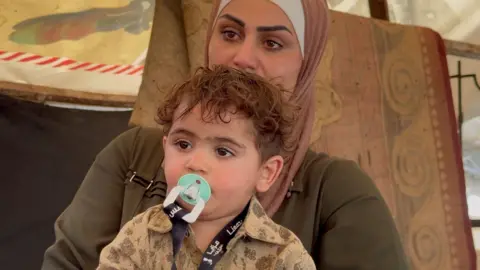
Nihaya is now living in a small, tented area in al-Shati camp with her brother-in-law’s family. Her husband and three other children had fled there from elsewhere in northern Gaza, escaping heavy Israeli strikes as the war restarted while she was in Jordan.
“I left my children here. I left my husband here. They went through hell while I was away,” Nihaya says as she bursts into tears.
“My mind and heart were constantly with them in Gaza while I was in Jordan. All of this so that my child could get treated. Why force me back before finishing his treatment?”
As she speaks, the sounds of Israeli surveillance drones drown out her voice. Her toddler runs around next to her, at times almost stumbling into a smoky open fire in the tent that the family uses for cooking meals.
She struggles to contain her anger as she recounts her journey back to Gaza.
“We didn’t leave [till] 04:00, and didn’t arrive in Gaza till 22:45,” she says. As they reached the border crossing, Nihaya says they were harassed by Israeli security forces.
“They started cursing at us. They threatened to beat us. They took all our money. They took our mobile phones, our bags and everything,” she says, noting that they confiscated all the bags of anyone who had cash on them.
Enas said the same thing happened to her, noting that her medical supplies were confiscated too.
The Israeli army told the BBC that they confiscated “undeclared cash exceeding normal limits” from Gazans returning from Jordan due to suspicions that they would be “used for terrorism within Gaza”. It notes that the money is being held while circumstances are investigated.
It has not given a reason for why other personal belongings were confiscated.
Nihaya says she has come back from Jordan “empty-handed”; even her son’s medical records were in the bags that the Israeli security forces took away, she says.
Jordan says it has given children like Niveen and Mohammed the best healthcare it can offer, and both families acknowledge this.
But they worry that a life in one of the world’s deadliest war zones for children will just undo all the progress their children have made over the past two months.
“I got my son to a point where I was very happy to see him like that,” Nihaya says through her tears. “Now they want to bring him back to square one? I don’t want my son to die.”
Edited by Alexandra Fouché

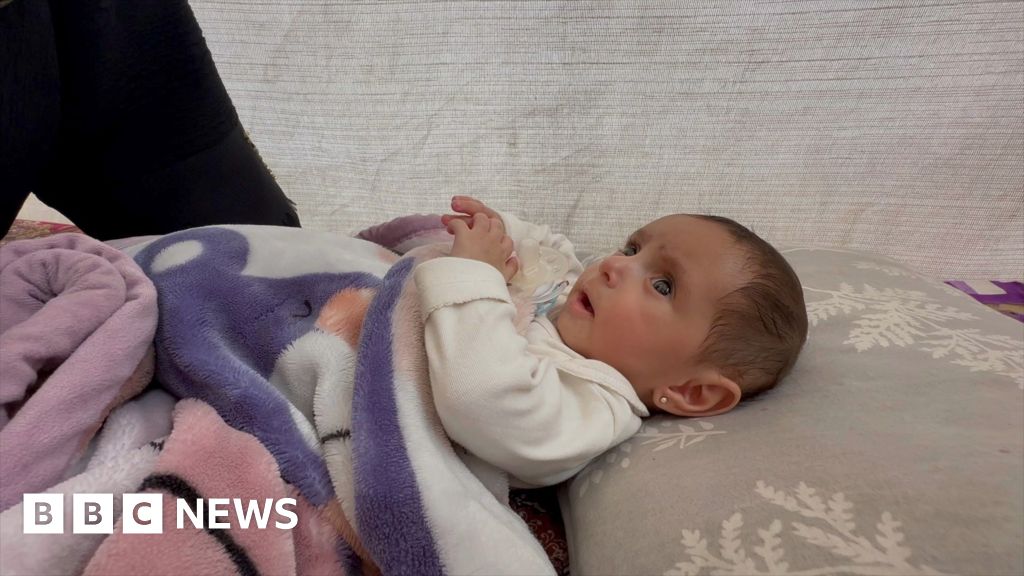

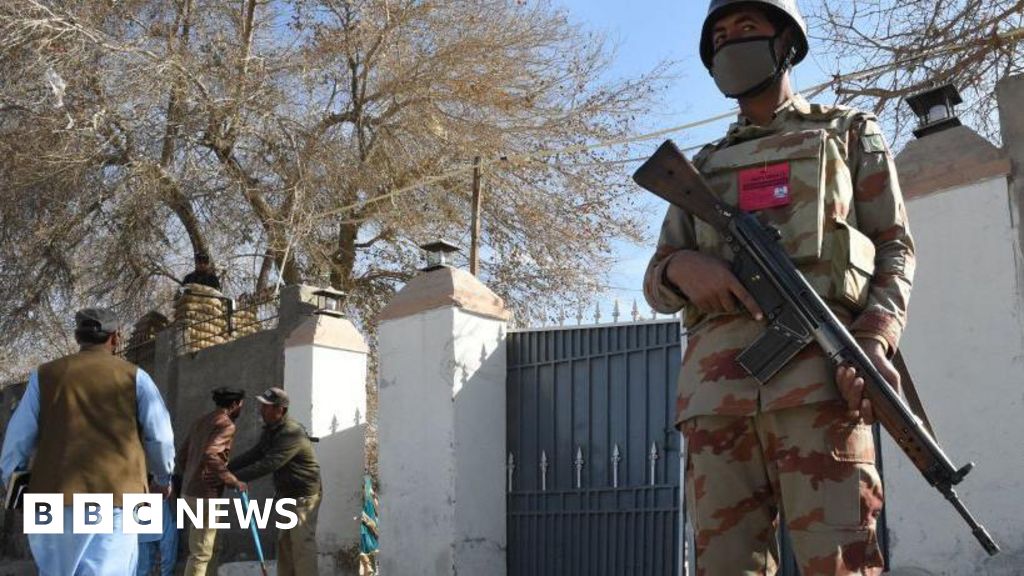
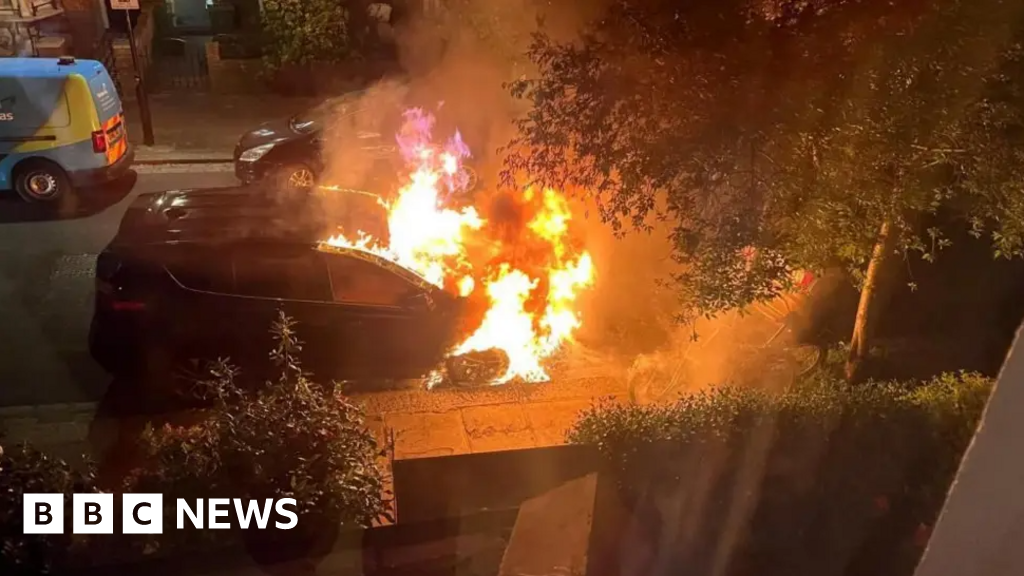
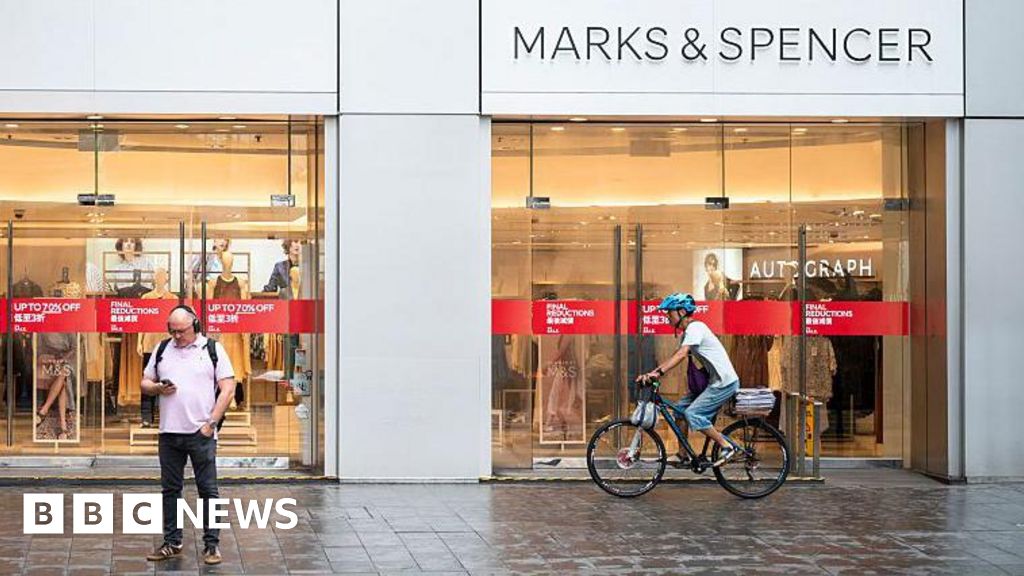


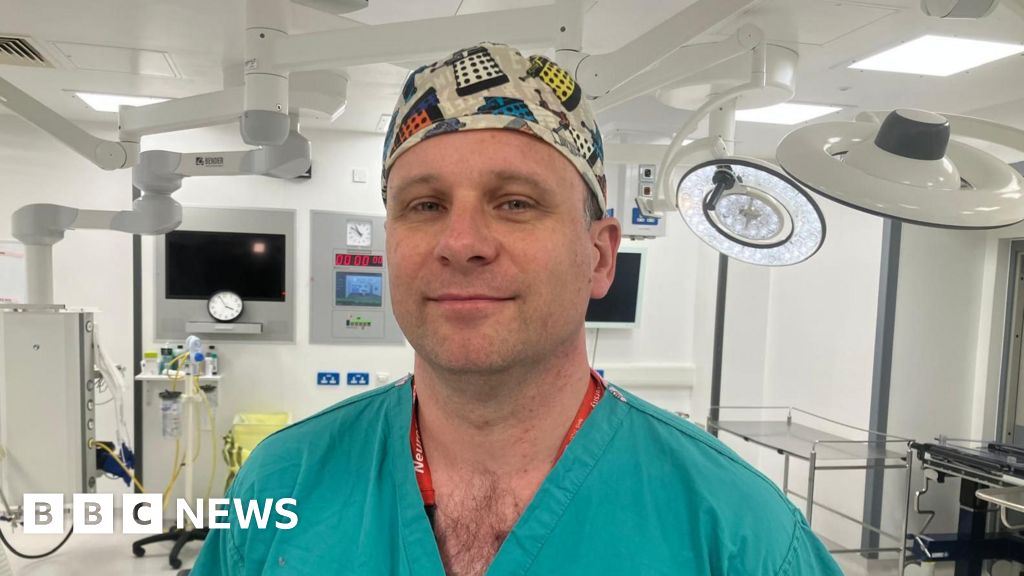
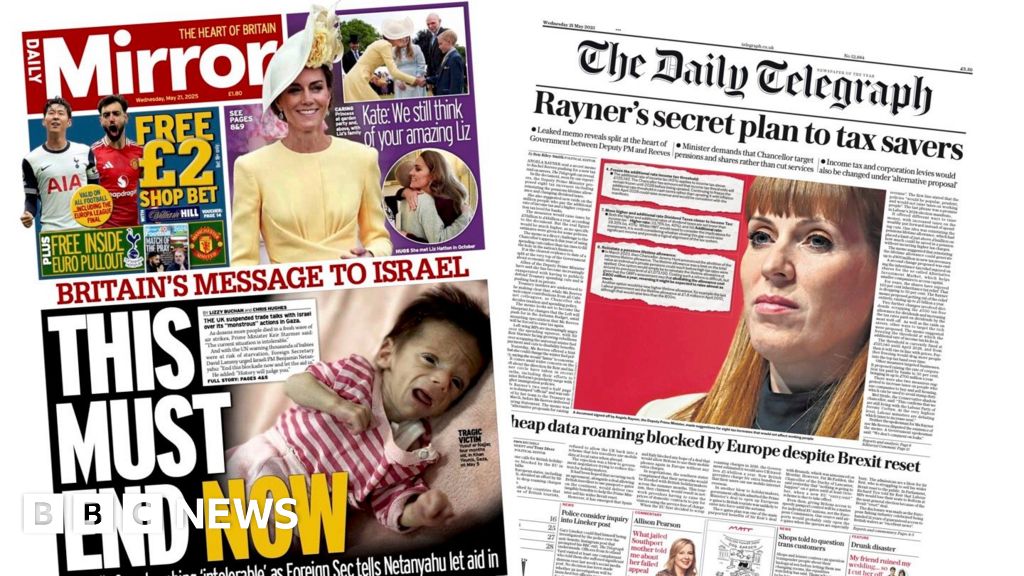
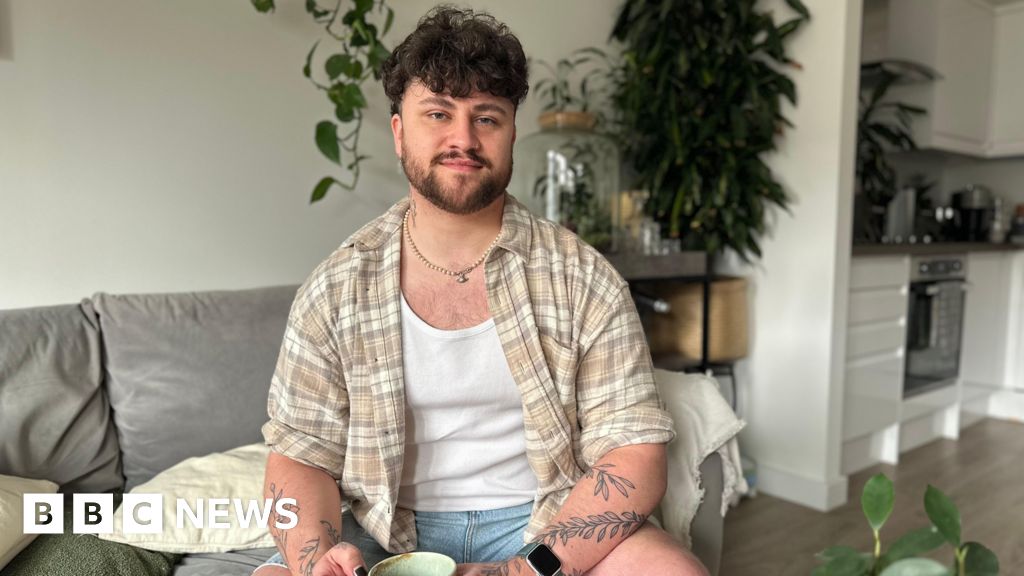

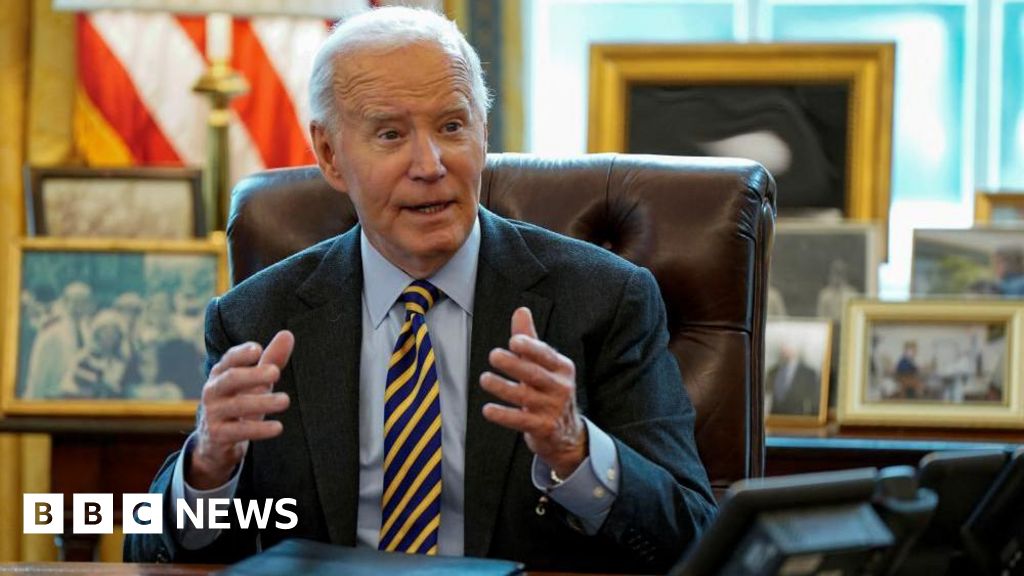
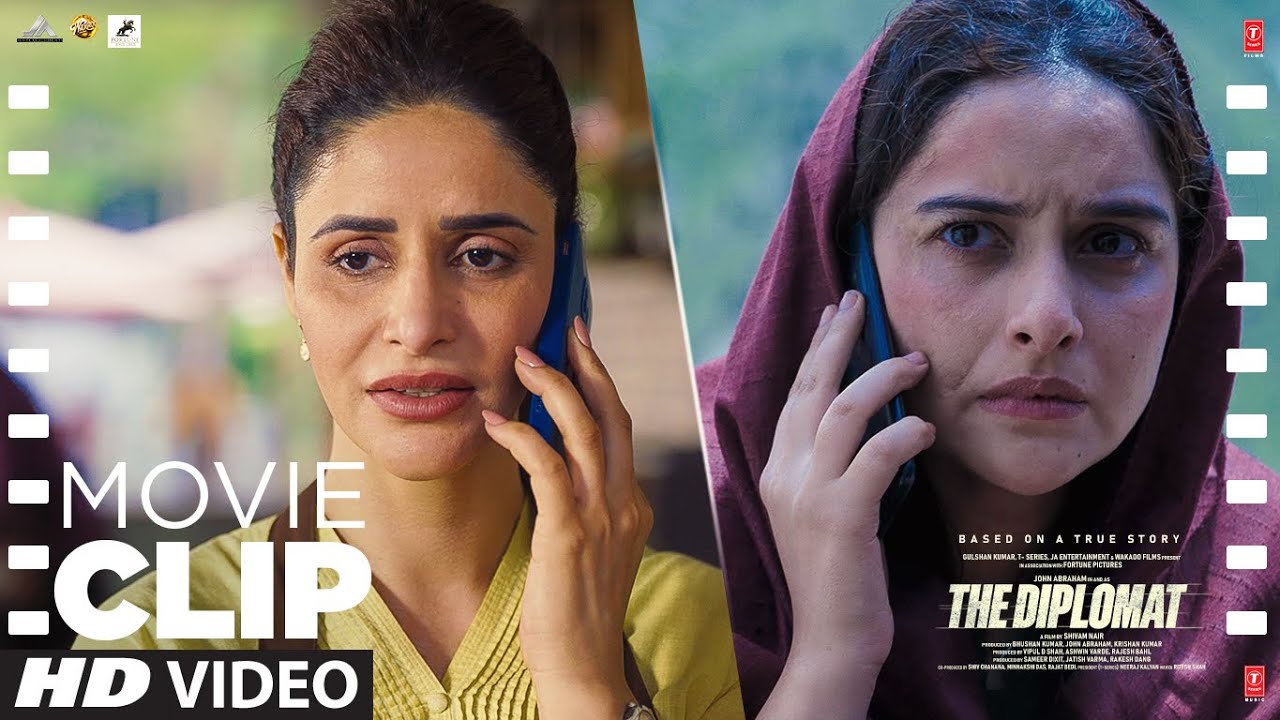
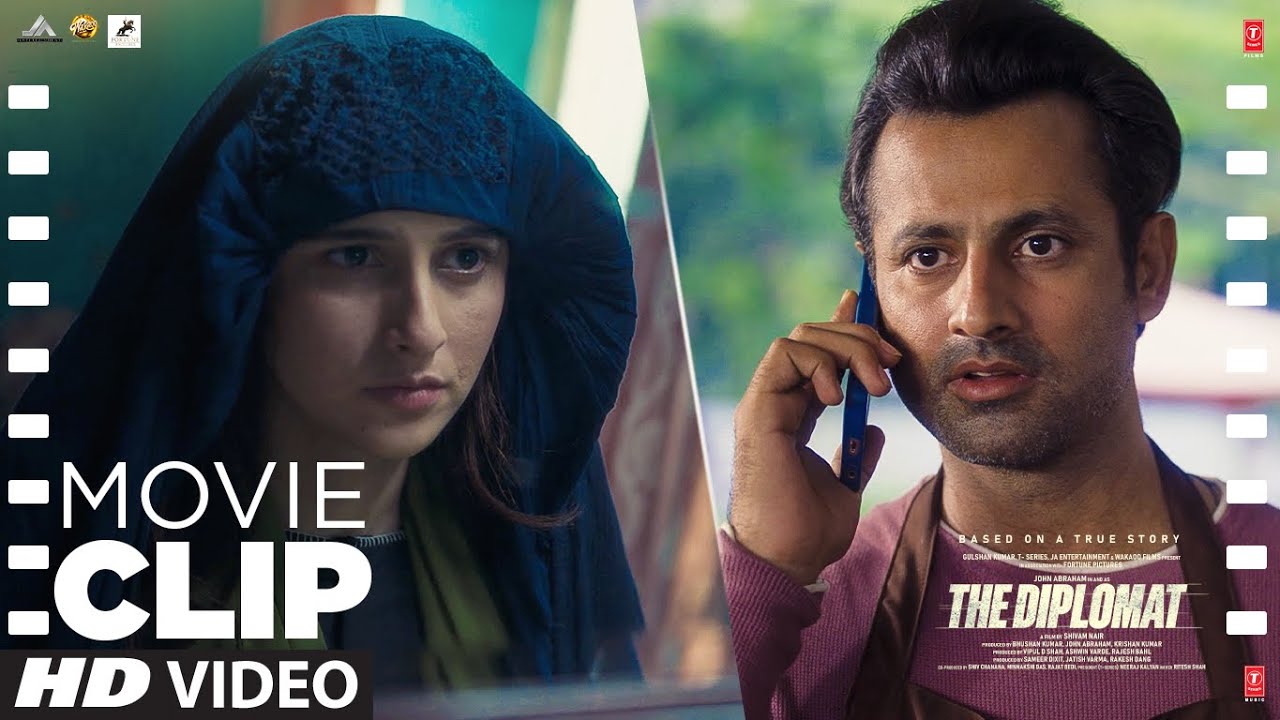

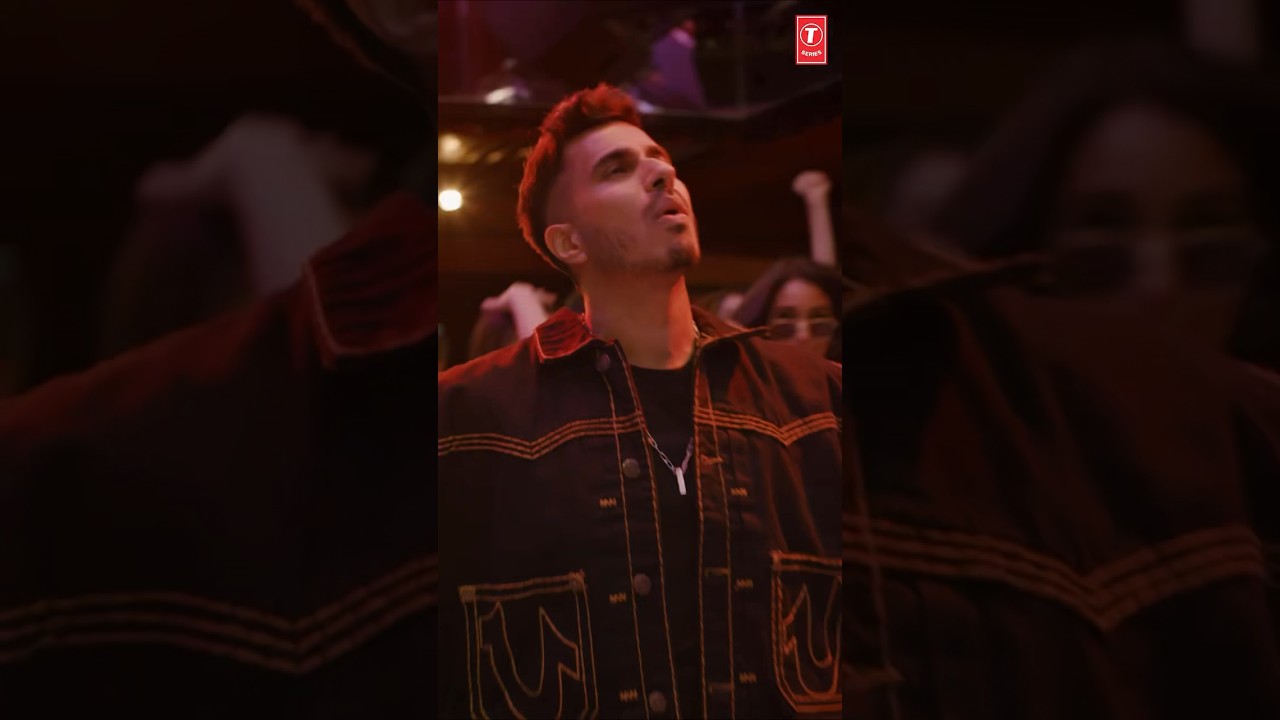
Leave a Reply